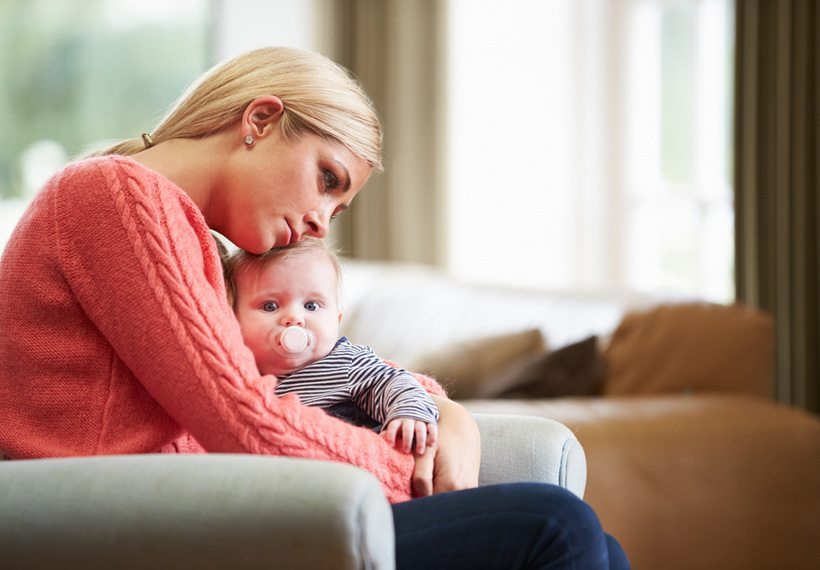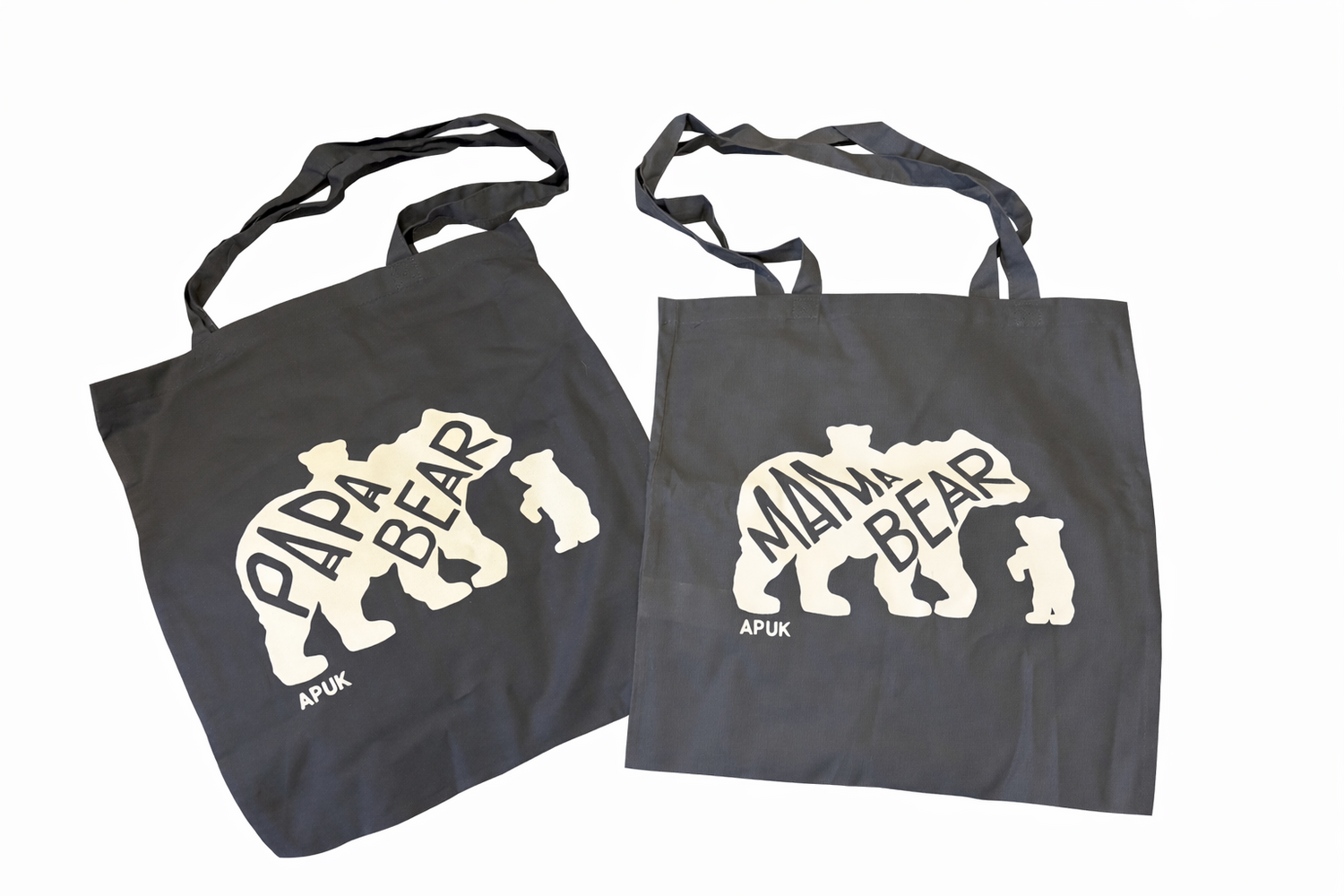
In a recent job application I was asked, “what do you consider to be the greatest achievement in your life?” My immediate response was to write about the birth of my son - not for any clichéd reason or because it was an entirely positive or negative experience but because it was totally polarising. Within the 30+ hours of at-home labour my experience was so utterly juxtaposed and varied – it is hard to quantify.
I experienced so many physical sensations from excruciating pain to release and relief and emotional sensations from pure joy and ecstasy to the depths of despair. No other experience can compare or even come close to this.
Reflecting on it now, however, I see clearly that my experience of my son’s birth parallels my experiences on becoming a mother. The emotions are much more muted but the polarising shifts to the opposite ends of the spectrum, both positive and negative are very prevalent and very much a part of what I feel it means to be a conscious parent.
For me, conscious parenting means having awareness, awareness of all the ambivalence and paradoxical feelings that it brings. It doesn’t mean being the perfect parent who is always attentive and loving and able to respond to their child. If I try to be this “perfect” mother, I set myself up for failure…. believe me I have tried. I have trained in child development and child psychotherapy so I have read about attachment theory and have studied psychoanalysts such as Freud, Bowlby, Winnicott and Klein and also studied neuroscience and seen the changes that happen in the brain when we are happy, sad and angry.
I know what happens in the brain if we leave a baby to cry for extended periods of time, but does this mean my baby absolutely never cried for a length of time – no it does not.
Armed with this innate knowledge and understanding of how to be the perfect loving parent and produce a perfectly happy secure child, in the early stages of parenthood I felt such extreme guilt if I didn’t or couldn’t do what I felt was the right and perfect thing to do. The guilt was sometimes crippling as it slowly dawned on me what an impossible task I had set for myself. I am still unable to achieve this perfection because it simply cannot and doesn’t exist.
Personally, I learnt this lesson the hard way. In my efforts to do things in what I considered to be the perfect way, I breastfed my son until he was eighteen months old and naturally weaned, I carried him in a sling everywhere, co-slept at night and he napped on either me or his dad in a sling for more or less the first ten months. I hand-made all his organic nutritious meals. I put aside everything and anything that I wanted and tended to this beautiful being that we had brought into the world – because I wanted to and because I love him, fiercely, in a way I never expected.
However because I wanted to keep him close and help him to feel secure, I carried on doing what I thought was right even when it no longer worked for us as a family.
At ten months old our son was sleeping in the middle of our bed like a starfish with my partner and I teetering on the edges of the bed. Where once we had all been restful and contented we were all now restless and irritable. He was waking every hour and he was disturbed all night as were we – we were all totally exhausted and miserable. We went through several different sleeping arrangements including a floor bed, which had him crying every hour or so when he rolled off the mattress as he is such a restless sleeper. Eventually when he turned one, we tried him in his cot. He fared much better here but we did not - we spent hours every night bent over his cot soothing him to sleep every time he woke, until finally something snapped - it just happened to be my back. I had spent too long in one position – bent over the cot repeatedly and my back gave in, went into spasm and I couldn’t walk for a week and a year later, after some relapses, I am still recovering. My back is now a barometer that tells me when I am doing too much.
The irony was not lost on me that in my efforts to do everything I ended up being able to do nothing. I learnt very quickly of my need to look after myself in order to look after my child. I don’t know exactly what I would have done differently but it certainly would have involved more self-care. It was such a tough lesson for me because I couldn’t do anything physical - my partner had to literally put my son in my arms so I could hold him. I went from providing everything for him to providing as much as I could bear.
At this time, we had a holiday booked and after much deliberation, my partner went for 3 days with our son who spent time with daddy, granny and grandad and I stayed at home to recover, pumping furiously every day to save my milk. I could hardly walk or sit and felt as though I was useless to everyone. When they left in the taxi I felt like my heart had left with them – the pain of not having my little boy with me - who had been by my side his entire life – was excruciating; I really felt like someone had ripped my heart out. However at the same time as I started to recover, I also felt liberated, I sobbed every day and I also felt joyful every day. I could shuffle round the house on my own with doors open, lights on, eat when I wanted, do what I wanted – which was mainly lie on the sofa.
Once again, it was one of the worst and best times –I had all the space and time in the world – and yet I just wanted my baby in my arms. This is the paradox that is being a mother.
On the day I went into labour, all my breathing, meditation and hypno-birthing practice went out the window and amidst the ramblings of a brain with a body in pain and experiencing extreme physical sensations, the one word that repeated over and over in my head was Yes, Yes, Yes. Along with the support of an incredible partner who was by my side every second, acceptance is what got me through the day. And this is what sees me through my days and life as a mother. I feel I need acceptance because in a way parenthood is relentless, it doesn’t stop when you are ill, when you are in crisis, when you are injured….it doesn’t stop for anything, because you have a beautiful child who needs you in order to survive – you can’t stop the world and get off – you have to keep going, your child’s very survival depends on it.
There is nothing that prepared me for this fact and for the energy and selflessness this required -and the emerging ambivalence (both joy and rage) this produced in me. At first I found this confusing, I wanted to grip on to my old self with all my being, but now I accept this as part of being a mother and I know these feelings will continue no matter what.
In a recent counselling session I was talking about how “together” I was before having my son, how I had spent years working through all my issues, dealing with grief pain and anger in me, getting to know myself and what triggers me in relationships and how I operate. I finally got to a place of pure liberation and happiness where I loved being in my skin. This is where I was when I met my partner and when we had our son – it was a good place to be. I came to motherhood later in life and had my son just before my 40th birthday.
Becoming a mother was like being reborn – emotionally I felt and feel like a baby again flapping around trying to figure out who I am now that I am a mother.
I’m so fiercely aware of how my son triggers the child in me – and how all the different stages in his life remind me, sometimes painfully, of the baby and the toddler in me - and I’m sure it will long continue (god help the teenager). And the same happens with my partner – sometimes our family just simply consists of three toddlers in a room together, playing up, and it’s mayhem. And this is ok, as long as I am aware that this is what is happening. I can’t prevent these things from happening but I can notice them and work through them as best I can.
If anything, I just wish to honour how very human we all are and how very complex it has been for me becoming a mother. My wish is that we as mothers don’t pretend it’s all ok if it’s not. We owe it to ourselves and our partners to be honest with ourselves and to accept the often polarising emotions that come with the awe-inspiring job that is being a mother.
Written by Christina Karaviotis
 In a recent job application I was asked, “what do you consider to be the greatest achievement in your life?” My immediate response was to write about the birth of my son - not for any clichéd reason or because it was an entirely positive or negative experience but because it was totally polarising. Within the 30+ hours of at-home labour my experience was so utterly juxtaposed and varied – it is hard to quantify.
In a recent job application I was asked, “what do you consider to be the greatest achievement in your life?” My immediate response was to write about the birth of my son - not for any clichéd reason or because it was an entirely positive or negative experience but because it was totally polarising. Within the 30+ hours of at-home labour my experience was so utterly juxtaposed and varied – it is hard to quantify.



